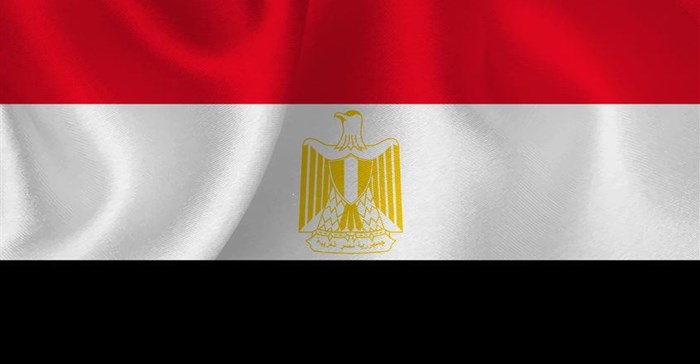Egypt eyes tough reforms in last-ditch bid to save economy

The financing over three years - deemed an endorsement to attract more foreign aid - would go together with a currency devaluation and streamlining of Egypt's bloated subsidy system. But experts warn that the loan alone would serve as little more than an "aspirin" and a stopgap for a deep-rooted economic malaise.
In a country where many rely on state subsidised bread and imports for basic foodstuffs such as wheat, inflation has already risen at a time of low foreign currency reserves and a thriving black market exchange.
More than five years after its 2011 uprising - partly fuelled by economic disparities - that swept away veteran strongman Hosni Mubarak, the country is still reeling from the fallout. The uprising unleashed years of tumult that culminated with the military overthrow of Islamist president Mohamed Morsi in 2013 and a jihadist insurgency that has driven away tourists.
Since Morsi's overthrow, Arab states of the Gulf which opposed his Islamist movement have showered Egypt with over $20 billion in aid and investments, but that has proved to be a short-acting salve.
The dire state of the economy, according to President Abdel Fattah al-Sisi, makes the long deferred economic reforms inevitable. "All the hard decisions that many over the years were scared to take, I will not hesitate for a second to take them," he said in speech on Saturday, days after Egypt signed the preliminary deal with the IMF.
The government has proposed a reform package to narrow the budget deficit - about 13%of GDP - that includes cuts to power subsidies and a value added tax to raise revenue. Subsidies account for 7.9% of total government expenditure, according to the finance ministry.
Reforms are also planned to adopt a "flexible policy" for the Egyptian pound. With dwindling foreign reserves, the government has been propping up the currency at 8.88 pounds to the dollar, well below the black market price, while imposing capital controls.
Finance Minister Amr al-Garhy has said the country faces a funding gap of $21 billion over the next three years, and the money would be raised from regional loans and international bonds.
Experts say the IMF loan is essential to bolster foreign currency reserves, which have dwindled to $15.5 billion. But this will not suffice on its own and may further aggravate the plight of the lower and middle classes.
The financing "is a short-term solution, but in the long term the economy is in bad shape and the deficit is dangerous", said Ahmed Kamaly, an economics professor at the American University of Cairo.
"The loan will be like an aspirin. There is no reform package in the real sense of the term, with specific goals... It's a raft of measures to stabilise the economy and exchange debts for other debts," he said.
The falling reserves prompted the government to hasten the IMF negotiations, and Egypt will owe $4.4 billion in interest on foreign loans by July 2017, according to a study by the investment bank Prime Holding.
"We won't be able to pay the foreign loan interest if we don't get" the IMF loan, former finance minister Samir Rady said.
But the government, which has nurtured a bloated bureaucracy over the years, has other commitments as well. In his speech on Saturday, Sisi took the unusual step of addressing public sector employment which he said has put a major burden on the state.
"If I appoint 900,000 people in the public sector because of pressure for jobs, at a time when I really don't need anything from them... what effect will this have?" he asked pointedly.
The state statistics office CAPMAS says that in 2015 almost 5.8 million people from a total workforce of 26 million were employed by government agencies and another 800,000 in the public sector.
Part of the IMF loan "should be used in investments that can turn a quick profit". But the economic reforms run the risk of fuelling discontent among lower-income Egyptians and increasing inflation.
"There must be measures that demand more of the rich, because according to official statistics... 27% of the population is poor, and another 20% is threatened with poverty," said Shereen al-Shawarby, an economics professor at Cairo University.
Source: AFP.
Source: I-Net Bridge

For more than two decades, I-Net Bridge has been one of South Africa’s preferred electronic providers of innovative solutions, data of the highest calibre, reliable platforms and excellent supporting systems. Our products include workstations, web applications and data feeds packaged with in-depth news and powerful analytical tools empowering clients to make meaningful decisions.
We pride ourselves on our wide variety of in-house skills, encompassing multiple platforms and applications. These skills enable us to not only function as a first class facility, but also design, implement and support all our client needs at a level that confirms I-Net Bridge a leader in its field.
Go to: http://www.inet.co.za










